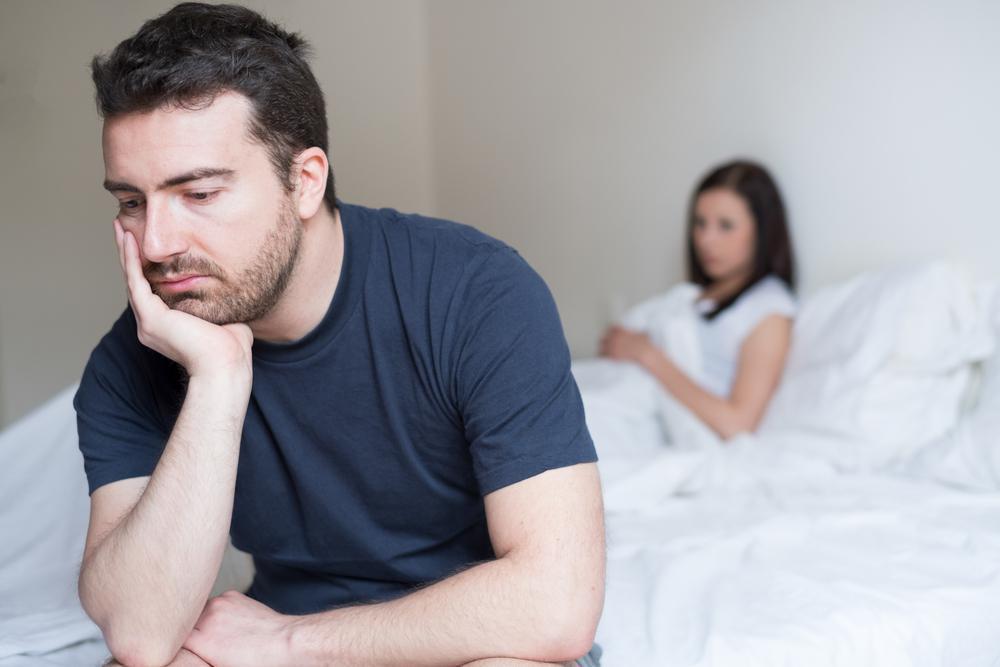
Lack of sexual desire is a condition that can affect anyone. It can be caused by a variety of different factors. Among those factors are the state of the person’s physical and emotional well-being, relationship situation, and underlying mental health. A lack of desire can lead to problems with sex, relationships, and self-image. Identifying the cause can help you get treatment.
Sexual dysfunction can also be a result of an underlying medical condition. For instance, people with diabetes may experience reduced sex drive. There are a number of medications that can help treat this problem. These include medications like vardenafil, testosterone, and sildenafil. In addition, some men may benefit from hormone creams and shots.
HSDD is one of the most common types of sexual disorders. It can be generalized or situational. The symptoms of HSDD are persistent and include a lack of interest in sex. They can also be related to a range of medical and psychological conditions. People suffering from this type of disorder often experience significant distress, yet may benefit from exercises from PD symptoms. Several studies have found that low desire is a predictor of personal distress.
Low desire can be treated with counseling, therapy, or medication. Counseling can help you deal with the problem, including gaining clarity about yourself and your relationship. Medications can improve your sexual function, but they may not be able to address the underlying psychological issues. If you’re concerned about your sexual health, contact your doctor.
Women have a lower level of sexual desire than men. This lack of interest can be related to a variety of things, including pregnancy, medical conditions, and social situations. Many women also report a reduction in their desire while in the menopause stage of their lives. Other factors that can affect sex desire include medications, relationship problems, and medical diseases.
One of the most common sexual complaints among couples is disparity in sexual desire. Those with lower sex drives are more likely to experience conflict and discord in the relationship. Often, this can lead to a continuous cycle of sexual dysfunction. Some women have a tendency to not feel arousal after a period of foreplay. Others may need an extended period of foreplay before experiencing arousal.
HSDD is diagnosed when a lack of sexual desire leads to personal distress. Studies have shown that women who have this problem are more likely to have a partner who is not willing to be sexually involved with them. This can be a serious concern for some women. HSDD is also associated with anxiety and depression.
HSDD is a complex disorder that can be difficult to diagnose. It is important to rule out medical causes first. Also, some people who have low libido may not be aware that they have a medical condition. Regardless of the reason, a lack of desire can cause painful sex. However, you can find ways to overcome these difficulties. Getting your libido back can help you strengthen your relationship and reduce your stress levels.

